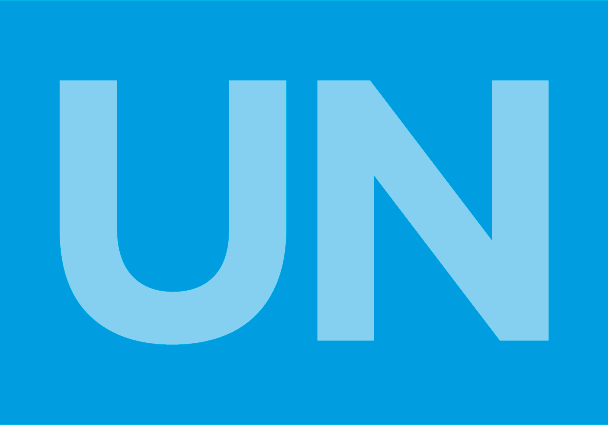
Jun 18, 2012
The ICJ released a statement commenting on the report of the UN Special Rapporteur on counter-terrorism and human rights, Ben Emmerson, to the 20th session of the UN Human Rights Council
On 18 June, during the 20th session of the UN Human Rights Council, the ICJ released a statement commenting on the report of the UN Special Rapporteur on the promotion and protection of human rights while countering terrorism, Ben Emmerson. The report is largely focused on the human rights protections for victims of terrorist acts. The ICJ endorses the view of the Special Rapporteur that protecting persons from terrorism is a core human rights concern, as well as the necessary elements he sets out for investigating, prosecuting and remedying terrorist crimes. However, the ICJ expresses concern that the report inappropriately conflates the distinct legal regimes governing responsibility of terrorist criminals and the obligation of states to protect persons from such acts.
ICJ-HRC20-statement_victims_terrorism-2012 (download the statement)
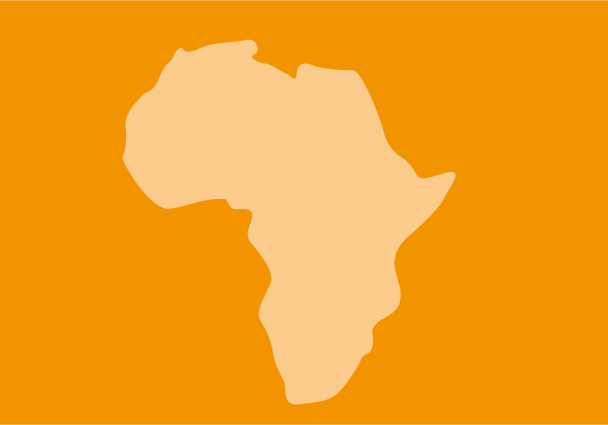
May 7, 2012
The ICJ has learnt of the suspension of His Lordships Justices Philip Musonda, Judge of the Supreme Court of Zambia together with judges Charles Kajimanga and Nigel Mutuna of the High Court of Zambia with the possibility of having them removed as Judges of the Courts.
The ICJ notes that these judges are very senior judges of the bench whose integrity and dignity has not been questioned before.
The ICJ also notes that the President acting on advice given to him has appointed a Tribunal to enquire and determine the suitability of the three judges to continue sitting in the bench.
Deputy Director of the ICJ-Africa Programme, Martin Masiga said: “While the ICJ may not be opposed to legitimate expression of judicial accountability, such exercises must observe due process as required by both the international and municipal regimes of law on judicial independence and the Rule of Law. One would recommend, therefore, that the constitutional procedure be followed in Zambia.”
The ICJ believes that indeed, judges and other judicial officers as servants of the public are, like all other institutions of the State subject to the law, the Rule of Law in particular, and should exercise their judicial functions in accordance with the dictates of the law and their just conscience.
The ICJ hopes that due process and constitutional guarantees in accordance with the laws of Zambia will be followed to ensure that the process is consistent with fairness and that process is not used to undermine the independence of the Judiciary in the Republic of Zambia, as has been the case is some jurisdictions with the region.
The ICJ will, therefore, closely monitoring the situation and developments and will, if necessary, engage all stakeholders to assist in ensuring a fair, speedy and satisfactory resolution of the matter.
Zambia-Mission-Publications-Reports-Mission reports-2012-ENG (ICJ Mission report in Zambia, in PDF)
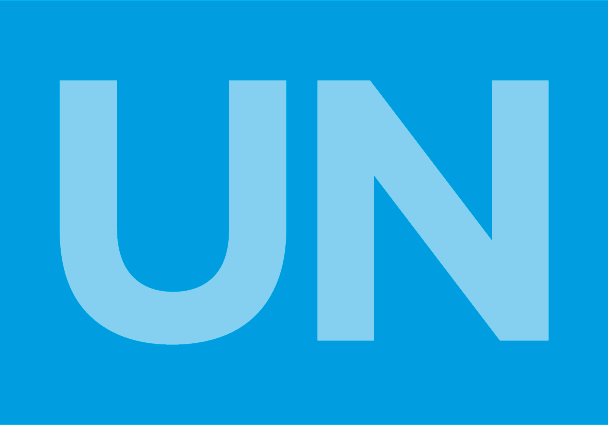
Apr 27, 2012
The ICJ responded to a questionnaire prepared by the Special Rapporteur on the rights to freedom of peaceful assembly and of association.
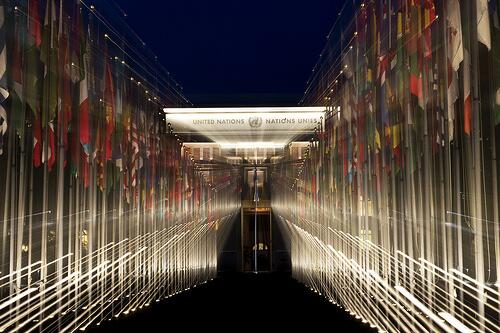
Apr 20, 2012
The submission undertakes a general exposition of standards and jurisprudence, followed by more specific attention to the question of administrative and preventive detention.
Pursuant to the call by the Working Group on Arbitrary Detention – one of the Special Procedures of the UN Human Rights Council – for written information to assist in its deliberations on “the definition and scope arbitrary deprivation of liberty under customary international law”, the ICJ made a submission pertaining to the definition, scope and content of arbitrary detention, under international standards and jurisprudence.
Following an overview of standards and jurisprudence, it focuses on administrative and preventive detention, including in respect of counter-terrorism measures, which has given rise to the most abusive practices by States in respect of the rights to liberty. It also briefly highlights the question of detention of migrants.
Submission working Group detention-analysis brief-2012 (full text in English, PDF)
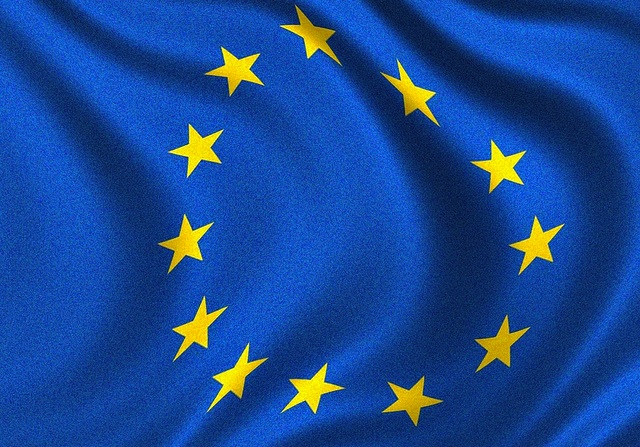
Apr 17, 2012
The ICJ presented a case-law note as a contribution to the ongoing negotiations on the recast of the Dublin Regulation.
The submission outlines relevant international human rights case-law on the right to information and personal interview, guarantees for children and unaccompanied miinors, detention, the right to a remedy and the definition of family.
EU-briefing Dublin Regulation-analysis brief-2012 (full text in English, PDF)









